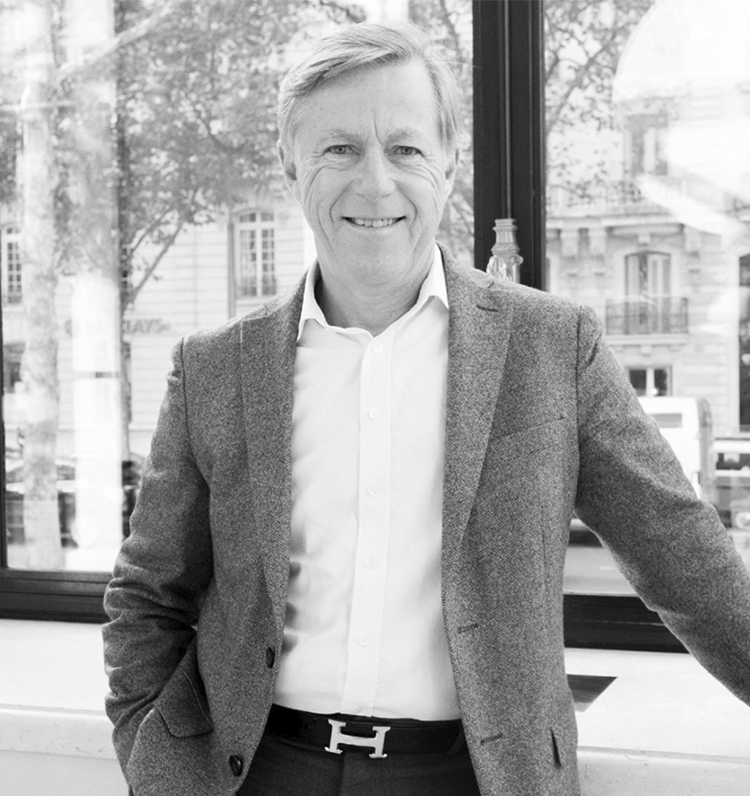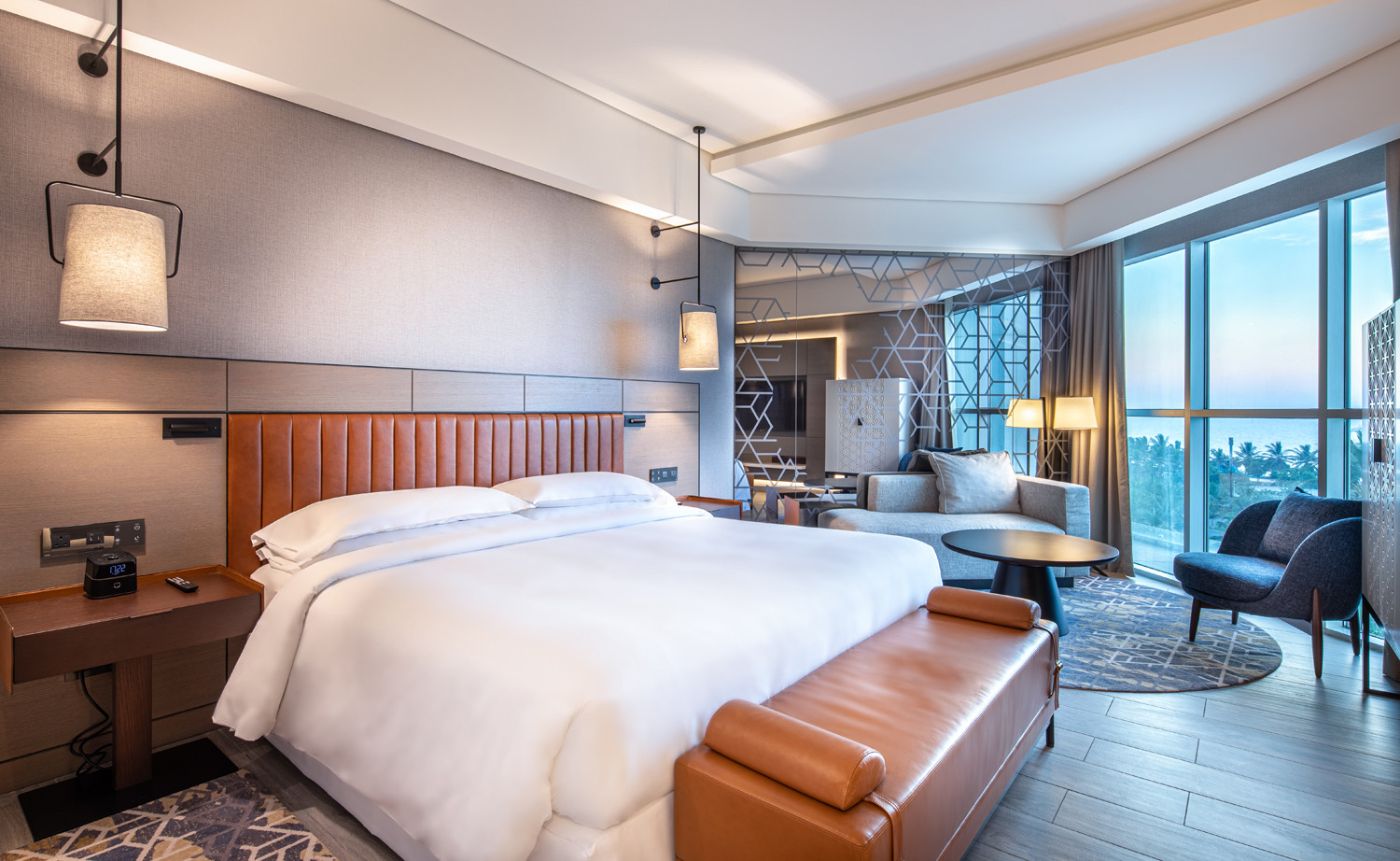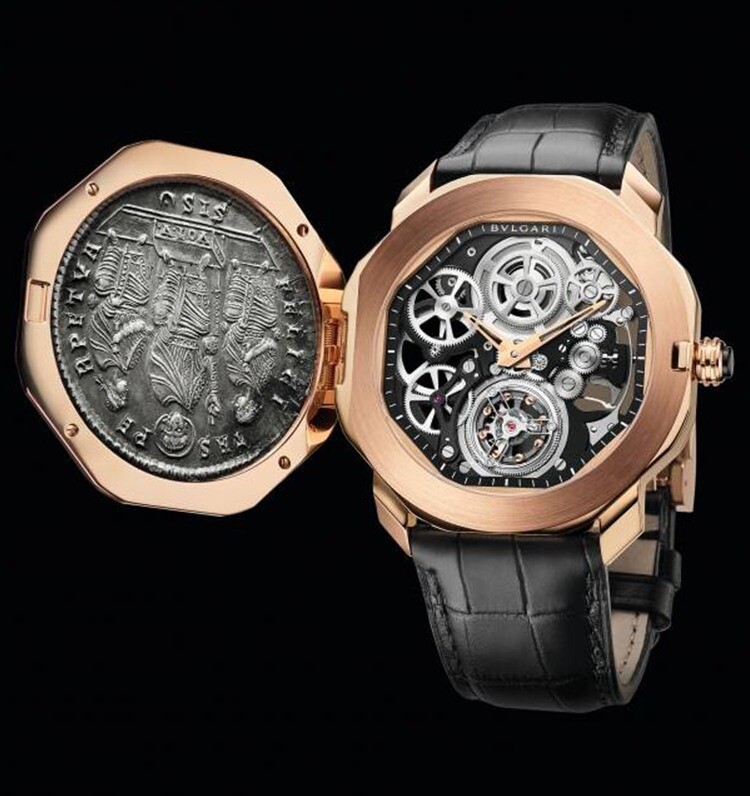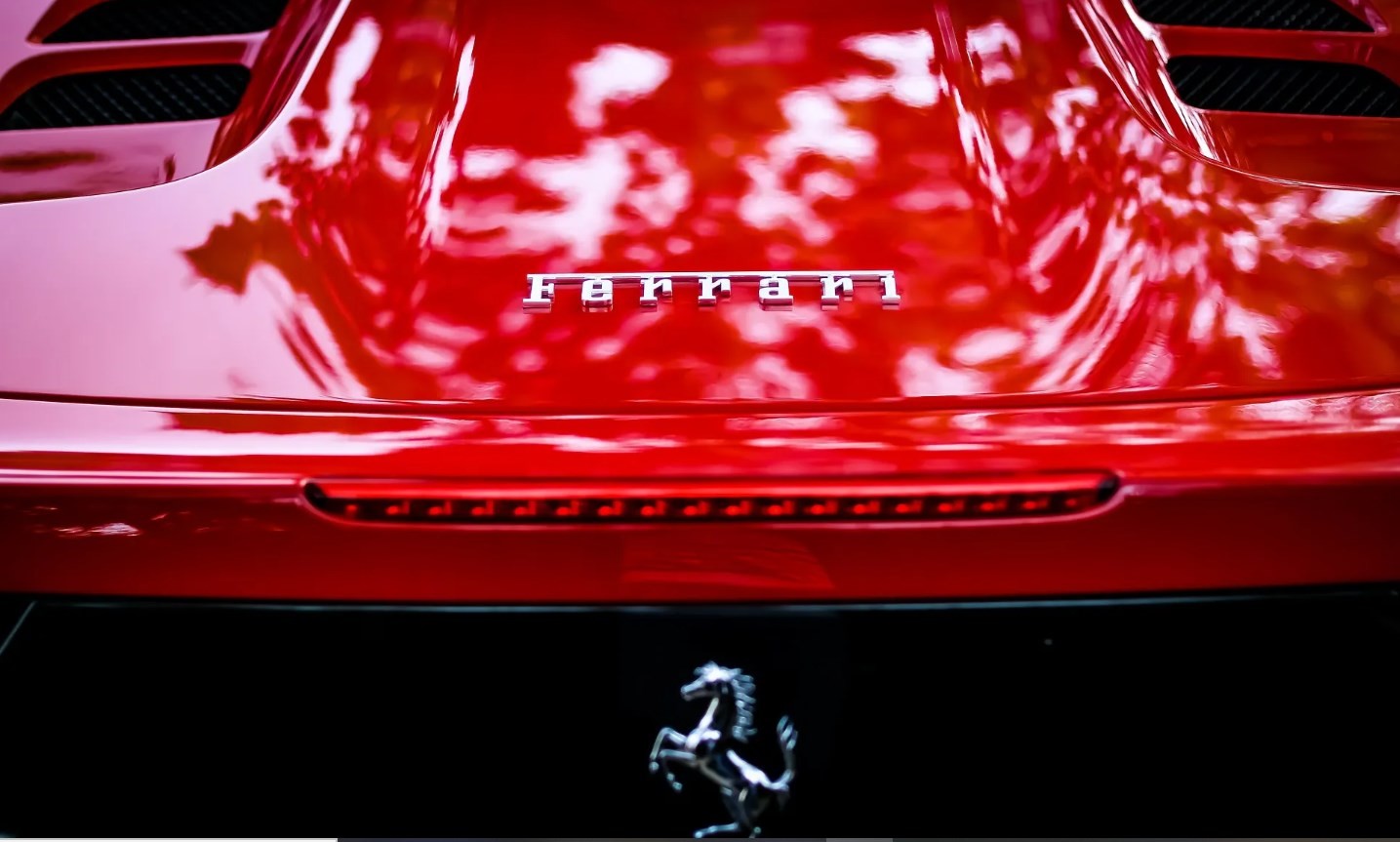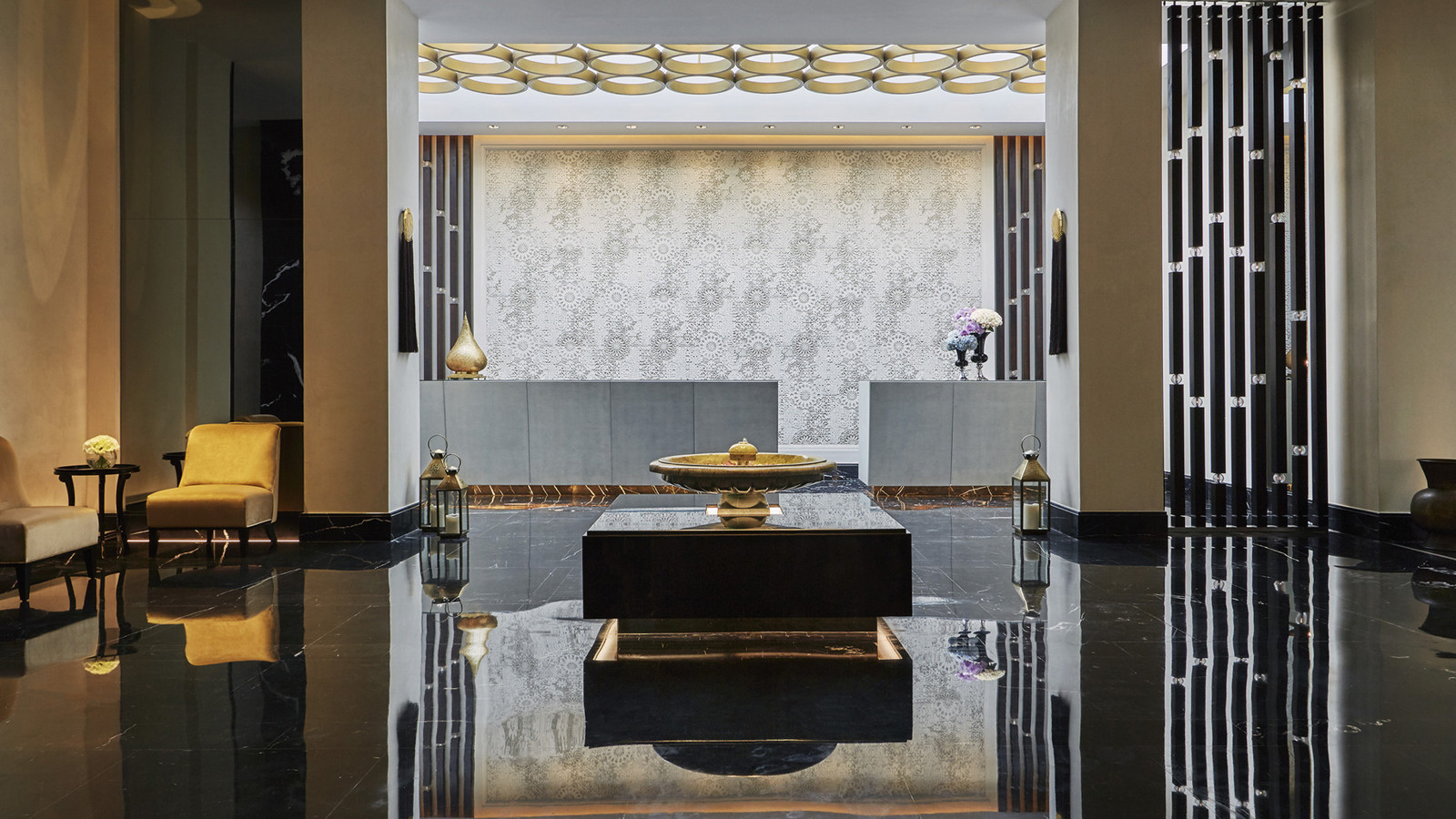Co-founder of Luxury Attitude, a training label whose teachings were the subject of the publication bearing the same name *, Erik Perey is a pioneer in the art of rethinking the customer experience by transposing his expertise in the luxury hotel industry for brands. His latest project, E Comme ..., supports companies wishing to capitalise on their internal (employees) or external (customers) wealth, always drawing inspiration from the art of service, hospitality, and excellence.
Vendom.jobs - Could you tell us about the genesis of Luxury Attitude?
Eric Perey - Together with Lionel Meyer, we created Luxury Attitude in 1997 because we felt that the customer experience was not up to the level that luxury hotel brands intended to leave. Extreme attention was paid to the environment, design, etc. On the other hand, no one was really interested in creating experiences during check-in or check-out. It was at this point that we invented the notion of "service design"; the idea being to translate the DNA of a brand into tangible signs.
We have supported hundreds of 3, 4, 5 star hotels. Very quickly, we realised that luxury brands were also sensitive to this approach. The first person to be interested in it was the President of Chanel who had been captivated by her stay at the Hotel Le Meurice, whose teams we had trained. We have worked with Chanel across Europe. We taught saleswomen how to convey the spirit of the brand, its history, that of Mademoiselle Chanel, within the shops. We then extended the concept to retail brands. Nespresso was the first we took care of.
It then seemed to us that it was necessary to raise awareness of this added value and we theorised in the publication Luxury Attitude that Service in the luxury world is based on three complementary dimensions: the professional dimension, the human dimension and the aesthetic dimension. We have also developed key concepts there to develop customer loyalty, including the so-called “donation and debt” concept. This is about realising that employees owe a debt to the customer who has come to the store and that, to make them want to return, they must feel that they have been given a gift.
V.J.- Is your current project, E comme…, based on the same observations? How was it created?
E. P. - We sold Luxury Attitude in 2012 to the INSEEC management school, which we supported until 2016. But at that time, I wanted to go to the other side. After working for 15 years on client engagement, I wanted to refocus on the employee experience. I thus discovered that the techniques applied to the client could be transposed to employees because they use the same elements: personality, emotional experience, donation and debt, etc.
A year ago, I told myself that I needed a new challenge to go further. I thus created E Comme... It seems to me that there are key terms starting with "E" that perfectly describe the luxury universe: Emotion, Excellence, Experience, Ethics ...
V.J.- If you had an status report since the first publication of Luxury Attitude, what would it be?
E. P. - The first is based on the testimonies of the people we have trained and who tell me that this training has left a lasting mark on them. During the sale to INSEEC, we created a new educational concept: "eMovie Learning". We had, in fact, the intuition that formal classroom teaching was a bit outdated and that the immersion in fiction was an excellent means of passing on the message and, above all, would reach many more people. We have created the Le Luxe c’est vous series. Through a journalistic investigation, two characters discover the world of luxury. We invited professionals who played their own role - we can cite, among others, Christophe Michalak, Raymond Bickson, former CEO of Taj Hotels, Resorts & Palaces, etc. - to talk about their vision of the industry.
The second concerns the point of view of the leaders. I have a feeling there is still work to be done; that customers are always ahead and that they are looking for experiences that are even stronger than what can still be offered. In my opinion, leaders must acquire the conviction that ‘human’ can be a creator of values; that the person comes before the functionality.
V.J.- Is the human dimension is at the centre of a company's success in terms of customer experience?
E. P. - Indeed, nowadays, all our systems are virtualised, so we need an additional humane touch, a look, a soul, a heart. We find this intensity in small shops and guest houses. Thanks to digital tools, customers are extremely well informed, and they realise that the products offered to them are do not differ. However, in service professions (I also work with banks in particular), the real added value is the person who is in contact with the customer.
I have now worked for a decade with Air France. At the time of our first exchanges, the Chairman and Chief Executive Officer, Alexandre de Juniac, was challenged by the proposition with which I concluded my presentation: "I invite you to make your employees heroes of the customer experience.” If you cannot offer your customers luxurious services, bet on the employee, his pleasure to please, to exchange.
V.J.- In the luxury hotel industry, General Managers and Human Resource Managers seem to have understood this need. What would be the next step to take?
E. P. - I firmly believe that HR Direectors are honest in this and that they make an effort. We have made tremendous progress in investing in soft skills training. I think the key to success lies in proximity to the employee and that it is the responsibility of the manager who is also closest to the customer. In my opinion, it is up to them to invest in coaching and to advance their teams. However, more often than not, people are hired solely for their expertise and not their leadership.
The majority of managers today are still only concerned with numbers, "how much" and not "how". However, excellence is the management of ‘how’. It is necessary to put at the heart of the profession the intention and the impact, and by that I mean in the emotional impact, even if it means taking risks and analysing his successes and failures to improve, like a top athlete!
V.J.- The luxury hotel industry often acts as a precursor in the turning points that companies must take (We speak of eco-responsibility, heritage conservation, among others). How do you explain this phenomenon?
E. P. - I think that the hotel industry serves as an observatory for a lot of companies, because of the great competition that reigns in this sector and also because customers who are loyal to a brand remain so. Thus, it is not the product that makes the difference, but the service. The companies that come to me do so for my luxury hospitality expertise because, when these executives visit these addresses, they are in awe of the attention they get. They realise that the teams are not there to serve them but to delight them, that they have gone beyond simple business interaction!
I often say, “Customers come for a brand, buy a product and come back for the people who created the experience. "The client must have the feeling that they have experienced something exceptional. We have today, regardless of our standard of living, the opportunity to have almost anything we want. We must reintroduce contact at the heart of the exchange by making sense of this consumption. In training, I introduce the idea of "care", of taking care of the customer. The meetings are now more important than the product.
V.J.- Many have the feeling that the term luxury is somewhat overused, that it has become a commercial argument above all. Professionals now more readily speak of "excellence". What is your point of view on this subject?
E. P. - The word “luxury” has indeed been used for strictly commercial purposes. I like this sentence from Paul Iribe, the artist who created the graphics applied to the Arpège bottle by Lanvin, in particular: "Luxury: a need that begins where necessity ends ...". When Luxury Attitude was created, our catchphrase was: “the human dimension of luxury”.
The term "excellence" would also be more appropriate for me because it is linked to the notion of craftsmanship and therefore of the craftsman. That is, someone who treats the subject individually. As Bernard Dubois sums it up in The Art of Marketing: "once fueled by the ordinary consumption of exceptional people, luxury today feeds on the exceptional consumption of ordinary people". While the craft is made for one motivation: I am unique, I want it to be done exceptionally for me. This can be transposed into the world of service by demonstrating its ability to ask the right questions, listen and build something that will make the customer feel that what is done has been done exclusively for them.
V.J.- What is your greatest job satisfaction?
E. P. - That's a big question… I think my greatest pleasure is when I leave the training room and the people who attended the session tell me that they will do their jobs in a totally different way from now on. I have the feeling then that they went through something unique and extremely special.
This is how, during a training course, a hotel worker confessed to me that if he had met me 25 years ago, he would not have worked the same way. He had realised that he had, until then, carried out his profession by being solely focused on his personal interest on the pretext that the client needed him and not to the pleasure of a rewarding interaction for both parties.
*Perey E. et Meyer L., 2009, Luxury Attitude, Paris : Maxima Laurent du Mesnil éd.


